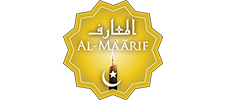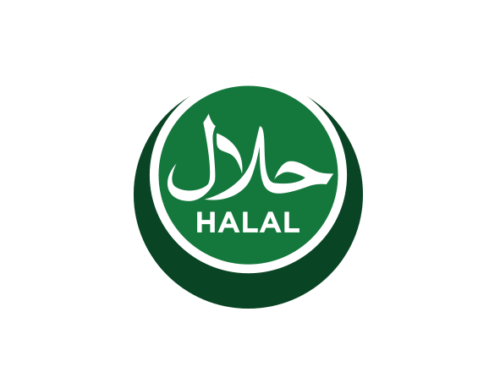Fast forward to a time below to view the mentioned topic:
0:00 – Introduction
3:41 – Vegetables, fruits and grains
4:11 – Sea creatures
7:37 – Land creatures
10:29 – Air creatures
11:44 – Vegetarian food by non-Muslims
14:43 – Meat products by non-Muslims
16:38 – Meat products from Muslims
19:15 – Rising above the basics
26:29 – Multiple impacts of sins
33:39 – Beginning of Q&A session
34:41 – Vanilla extract
37:00 – Food additives; Contact with wet hands by non-Ahlul Kitab
40:57 – Factory-packed vegetarian foods
42:15 – Pepsin and rennet
44:07 – Food prepared by Ismailis
44:55 – Grape juice
45:38 – Fish and shrimp; Krill oil
51:03 – Asking about religion of chef in a restaurant
52:42 – Restaurants that serve alcohol
55:31 – Halal restaurant with non-Muslim chefs
56:13 – Mechanical slaughter and stunning
58:47 – Washing of meat to remove blood
59:41 – Kosher meat
1:00:22 – Definition of Muslim
1:03:16 – Tim Hortons Iced Capp
1:04:06 – Evaporation of alcohol in pastries and oil sprays
1:05:43 – Veganism and vegetarianism
1:06:49 – Treatment of animals
1:09:20 – Contamination between halal and haram
1:10:28 – Shia butcher vs. non-Shia butcher
1:11:51 – Gelatin [see video description below for clarification]
1:14:55 – Raw fish
1:15:57 – Airline food
1:17:16 – Classification of “non-Muslim restaurant”
1:18:01 – Animal feed
1:19:34 – International franchise restaurants in Muslim countries
1:21:36 – Fish eggs
1:21:59 – Foods and products from companies that support occupation
1:24:53 – Balsamic vinegar [see video description below for clarification]; Fish with alcohol in the batter
1:26:50 – Forwarding information to others
(Clarification on Gelatin: Generally if the source is unknown there is a benefit of doubt and it would be permissible. However, according to the FDA (USA), gelatin is defined as “a product that has been obtained by the partial hydrolysis of collagen derived from hides, connective tissue, and/or bone bones of cattle and swine”. And the Canadian Food Inspection Agency defines it as “purified food obtained by the processing of skin, ligaments or bones of animals”. And both said that food manufacturers must follow these definitions. Therefore, if it’s a product in the West, and it is not specified that the gelatin comes from a Zabiha animal, according to Ayatullah Sistani it will be haram.)
(Clarification on Balsamic Vinegar: Balsamic vinegar is produced using different methods. Some manufacturers actively add alcohol in the production process, which makes the product haram. However, the traditional variety of balsamic vinegar uses a long-term fermentation process; a natural bi-product of this process is the alcohol content. This kind of vinegar is permissible.)
For a list of halal restaurants in the Greater Toronto Area (GTA), go to al-m.ca/restaurants
Seminar and Q&A on practical guidelines, what to look for, what to ask, what to avoid, FAQs
– Qur’anic verses guiding our eating habits
– Simplified Food Guide in Shi’a Islam as prepared by Sayyid Muhammad Rizvi
– Categories of Vegetables, sea creatures, land creatures, and air creatures
– Common factors to consider when approaching vegetarian food
– Issues related to meat, from both Muslim and non-Muslim
– Commonly encountered restaurant scenarios
– Extensive Question & Answer session
“You Are What You Eat” – Seminar & Q&A
Recited By: Maulana Syed Muhammad Rizvi
Date: January 24th, 2019
www.facebook.com/IslamiCentre.org
www.twitter.com/sayyidmrizvi
www.islamicentre.org





Leave A Comment